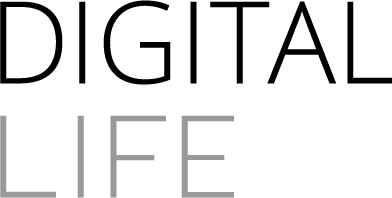E-ToP

Digital information support for parents of very and moderately preterm born children awarded for further development and expansion of the ToP programme.
The ToP program is a national evidence-based intervention for very preterm children (<32 weeks gestation) and their parents, aimed at improving parent-child interaction and the development of the preterm child.
Good information provision about the development and health of the premature child is associated with better developmental outcomes. That is why knowledge transfer is one of the strategies of the ToP programme. This knowledge transfer takes place during 12 home visits.
Preliminary research showed that parents and paediatric physiotherapists (SMEs) need additional information about, for example, sleep, development, behaviour and nutrition. The ToP paediatric physiotherapists also indicated that the group of vulnerable parents with limited health skills benefited less from the information transfer that takes place during the intervention. They endorse the importance of providing clear and accurate information to parents.
The moderately preterm born children (32-34 weeks of pregnancy) are currently not eligible for the ToP programme, while the problems experienced by children and parents are very similar to the very preterm born children. An online information module (E-ToP) for increasing parents’ knowledge and understanding of the consequences of preterm birth and counselling their child is seen as promising by SME professionals. Paediatric physiotherapists see opportunities to reach a wider target group with this module.
The research question in this project is: ‘How can paediatric physiotherapists, in addition to the ToP programme, transfer more knowledge and insight to parents in an accessible and understandable way about the development of their very and moderately preterm child and about parenting after preterm birth?’
In the first phase of this project, the online application will be developed in co-creation with the paediatric physiotherapists, parents and other stakeholders. In creative workshops and focus groups, including parents with limited health skills, the functionalities, content and shortcomings of the online application are examined. In the second phase, the developed program is examined in a feasibility study (n=80) for applicability, usability and satisfaction. Impact on the professional field and education will take place during and after the project.

